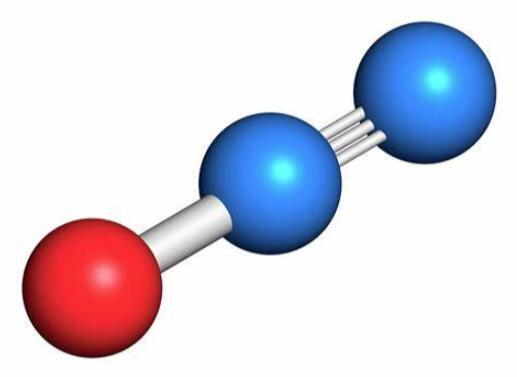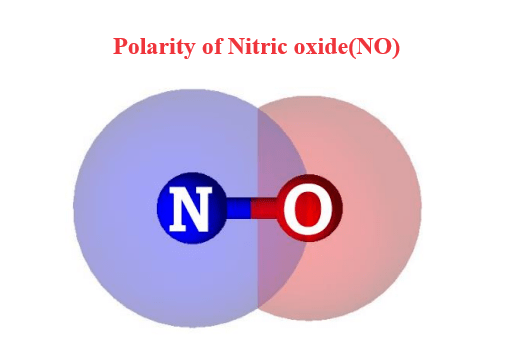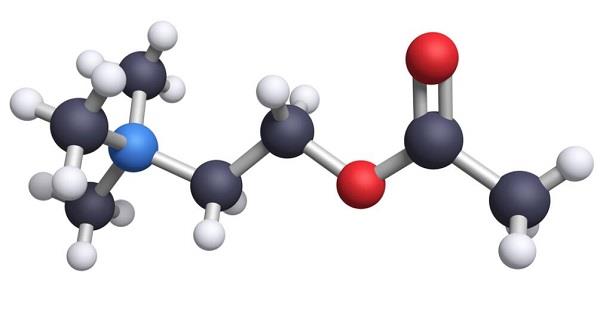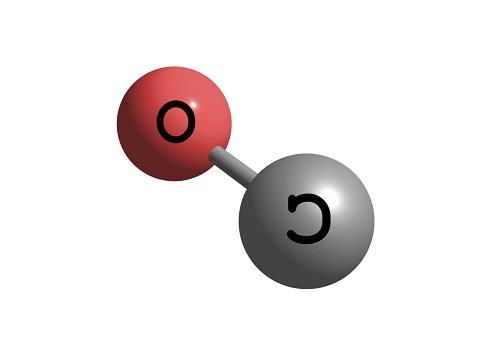Synthesis and Biological functions of NO
In the mid-1970s, it was discovered that the NO donors, nitroprusside and nitroglycerin, stimulated the production of the second messenger, guanosine 30:50- cyclic monophosphate (cGMP), via a soluble guanylyl cyclase (sGC) receptor. Later, Furchgott and Zawadzki (1980) demonstrated that the relaxation of the rabbit aorta by the neurotransmitter, acetylcholine (ACh), required the presence of an intact endothelium, and that ACh stimulated the release of a labile substance called endothelium-derived relaxing factor (EDRF) that signaled via the second messenger, cGMP.In 1987, Palmer et al. then demonstrated that the EDRF was pharmacologically identical to NO. In the 1990s, it was discovered that NO is generated by enzymes called nitric oxide synthases (NOS) of which there are three primary isoforms. Subsequently, it was found that NO can be generated by the reduction of nitrite (NO2-) in tissues and plasma by NO2- reductases.

Structure
NO is a 30Da free radical that is a colorless gas with a melting point of -163.6°C. NO has one unpaired electron and is paramagnetic. It can react with transition metals to form metal nitrosyls; this is an important aspect of its signaling properties. NO has a short half-life and is rapidly metabolized. NO has poor solubility in water, but as a gas, it is lipophyllic and freely crosses the lipid bilayer of the plasma membrane; this is important for the paracrine regulation of physiological processes.
Synthesis and release
NO can be generated enzymatically by NOS or by the chemical reduction of NO2-. In the presence of L-arginine and O2, all NOS enzymes catalyze a reaction that generates NO and L-citrulline, and therefore, NO generated by NOS is an O2-dependent process.NO can also be generated by the reduction of NO2- that is facilitated by NO2- reductases such as heme globins, molybdenum-containing enzymes, and NOS.NO2- reduction to NO is important in hypoxia when NOSgenerated NO is limited by low O2 Nitrite is now considered to be an important endocrine source of NO.The major pathway for the NO metabolism is via oxidation to NO2- and nitrate (NO3-), which may proceed via autooxidation or be catalyzed by a number of factors. NO also reacts with superoxide (O2-) to form the radical oxygen species peroxynitrite (ONOO-).
Regulation of synthesis and release
NO synthesis is controlled by the activity of NOS and NO2- reductase proteins, respectively. NOS1 and NOS3 are calcium-dependent and NO production increases when there is an elevated intracellular Ca2+concentration.
Biological functions
NO can affect all cells that express sGC receptors or proteins that can interact with NO directly via nitrosylation.Therefore, NO can regulate a vast array of physiological functions, including muscle contractility, metabolism, platelet aggregation, neuronal behavior, and immune responses. NO relaxes the smooth muscle primarily via cGMP and PKG by decreasing Ca2+ flux into the cells or by the modulation of ion channels. In the nervous system, NO is a neurotransmitter in both the central and peripheral divisions.NO can regulate metabolism by stimulating glucose uptake, glycolysis, and AMP-activated protein kinase activity, and can inhibit mitochondrial respiration by binding to and inhibiting the activity of cytochrome c oxidase.The most iconic function of NO is endothelium-dependent vasodilation, which is observed in amniotic vertebrates but not fish and amphibians.Interestingly, amphibians possess a nos3 gene and express NOS3 in the endothelium despite the absence of endothelial NO signaling.Instead, NO vasodilation is provided by perivascular nitrergic nerves.
Clinical implications and use for diagnosis and treatment
The dysfunction of NO production (NOS) or signaling is implicated in many diseases of most organ systems in the body.Classical NO therapy involves the use of NO donors in the treatment of cardiovascular disease, particularly the symptoms of ischemic heart disease and pulmonary hypertension.In addition, phosphodiesterase inhibitors such as sildenafil are used to prolong cGMPmediated vasodilation in the penis for the treatment of erectile dysfunction.There is current research on the therapeutic use of NO to alleviate the respiratory symptoms of COVID-19.Fractional exhaled NO is used as a marker of respiratory and heart diseases.



